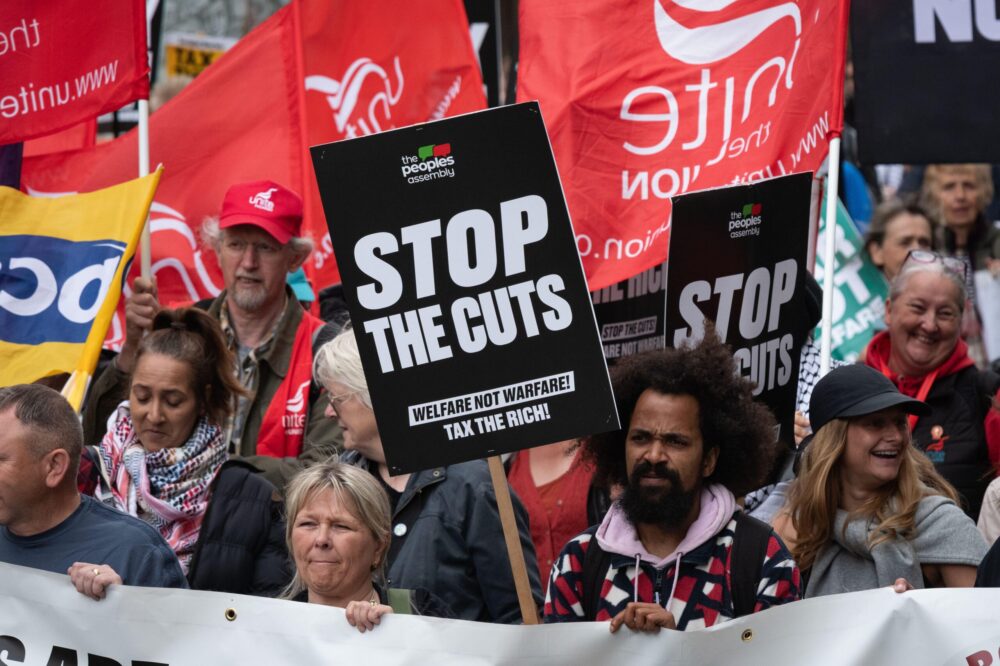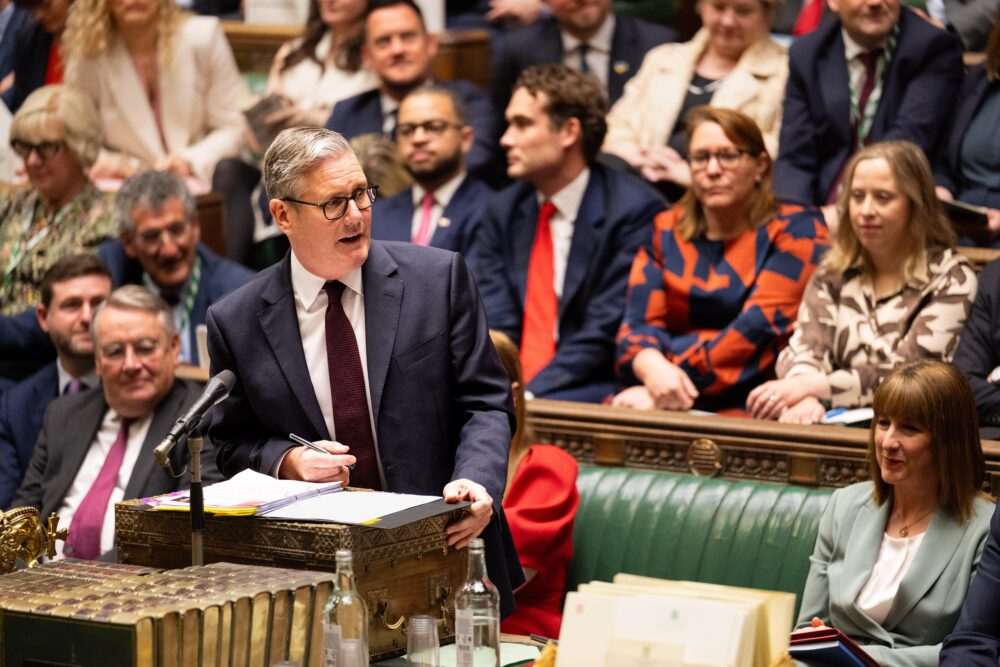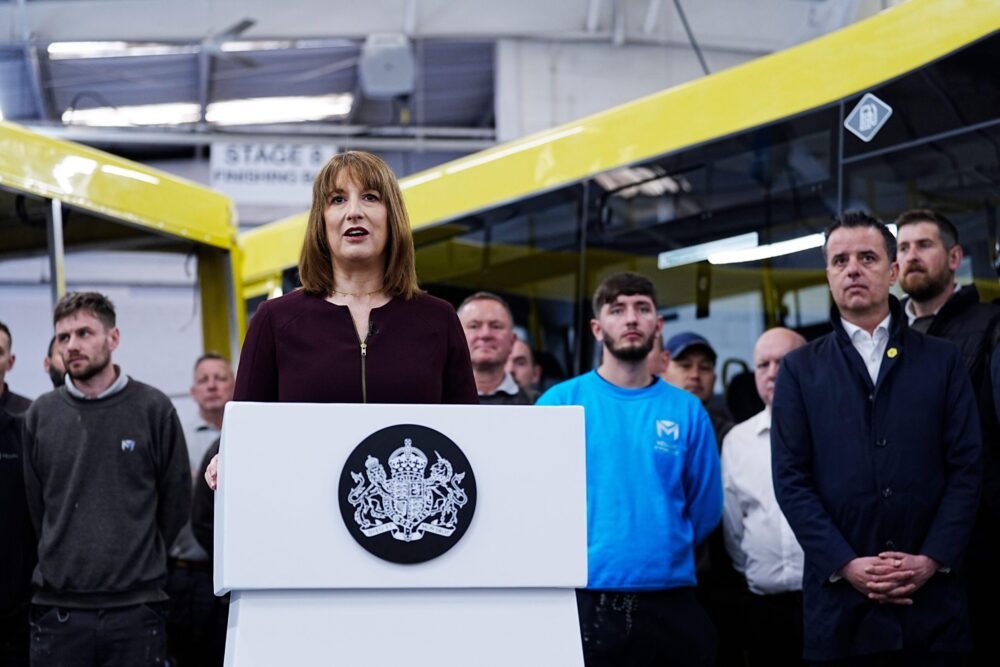
This article was first published in the Mail on Sunday
MY LATEST polling makes unhappy reading both for Labour and the opposition – at least, the official Opposition.
Just one in seven voters say they are satisfied with the new government so far, including only three in ten of those who voted for it. Ask people what recent political news they remember and they will talk about the cancelled winter fuel allowance, the early release of prisoners, lax immigration controls, freebie clothes and tickets and – especially – higher taxes. As the internationally renowned economist Rachel Reeves puzzles over how to promote economic growth, voters have already clocked that her actions so far seem calibrated to stall it, not least her ingenious plan to spread prosperity by making it more expensive to employ people. Those working in small businesses are dreading the impact of higher National Insurance from April.
While people can debate the merits of plans for a third runway at Heathrow and of easing the process for big infrastructure projects, any benefits seem remote to families struggling with bills today. “We just want to work and have our wages in our pockets and pay a reasonable amount of tax and have services that actually function,” as one frustrated voter succinctly put it. Nor do many feel that things will improve if only they give Labour enough time: only one voter in five thinks they have the right plan and that it will lead to things getting better.
For a government supposedly devoted to the interests of working people, Labour already feel surprisingly out of touch to many voters. Strikingly, people often talk about Keir Starmer as they used to talk about Tories. Where would he go on holiday, we asked a recent focus group. Mauritius or the Maldives, came the answer, or a yacht in the Caribbean – first-class and all-inclusive. Unfortunately, the fact that he feels remote doesn’t mean he seems like a statesman: asked whether they had more confidence in him to negotiate a good relationship with the EU or the US, half said that they didn’t trust him to do either.
The sobering point for the official Opposition is that despite all these complaints and more, half of those who are dissatisfied with the Labour government say they would still prefer it to a Conservative one. Overall, when forced to choose, a majority would rather have this Labour government than the Tories. Kemi Badenoch trails the unpopular Starmer by a substantial margin when we ask who would make the best prime minister, and by even more when we introduce Nigel Farage into the equation.
There are two main reasons for this. One is that, although people are tiring of hearing Labour blaming everything on the previous government, they know the party will be in power for another three or four years so they might as well see how things pan out. The other is that the Tories are still firmly in the doghouse; few have any interest in what they have to say.
After five leadership changes inside nine years and an often-undistinguished record from their long stint in power, the party’s brand has taken a largely self-inflicted battering. In this respect, the Conservatives don’t have a Kemi problem so much as Kemi has a Tory problem. The same would apply whoever was in charge.
The Tories’ new immigration policy illustrates the point perfectly. In my focus groups, many nodded along to a video of Badenoch explaining that she would double the time before newcomers could apply to stay indefinitely and that criminals and welfare claimants would be banned. But the response was universal: “Why are they saying it now? Why didn’t they do it while they were in?” My poll found that half the country liked the policy, two thirds of them did not believe the Conservatives would implement it if elected.
Badenoch’s two biggest challenges are to gain a hearing for the Conservatives and to differentiate herself from Reform, a party in the luxurious position of never having let anyone down because it has never had to deliver. She warned this week about “rage without reason, anger without the ability to action,” and she is surely right to define the Tories against such easy populism. But the Conservatives are in no position to act for the time being, and they would not be trusted to do so if they were.
Badenoch has ruled out a pact with Reform, and the insurgent party’s voters seem no keener on the idea. They want to challenge the political establishment, not rejoin it, and my polling shows they expect big gains at the next election under their own steam. The fact that some recent surveys have put them ahead of both main parties only adds weight to that belief.
If anger is fruitless, action impossible and alliances off the table, perhaps what is required from Badenoch is an honest, serious and appropriately self-critical diagnosis that links Labour’s shortcomings and the state of the country with the Tories’ failings in office. That would be a step towards rebuilding the trust and credibility without which even the most appealing policies will be dismissed as empty.
Paradoxically, the tougher things get for Labour, the more pressure is heaped on the Conservatives. They expect to benefit from the government’s travails, and they may start to panic if they don’t. But people will want evidence of real reflection and change before they give the Tories the time of day.


